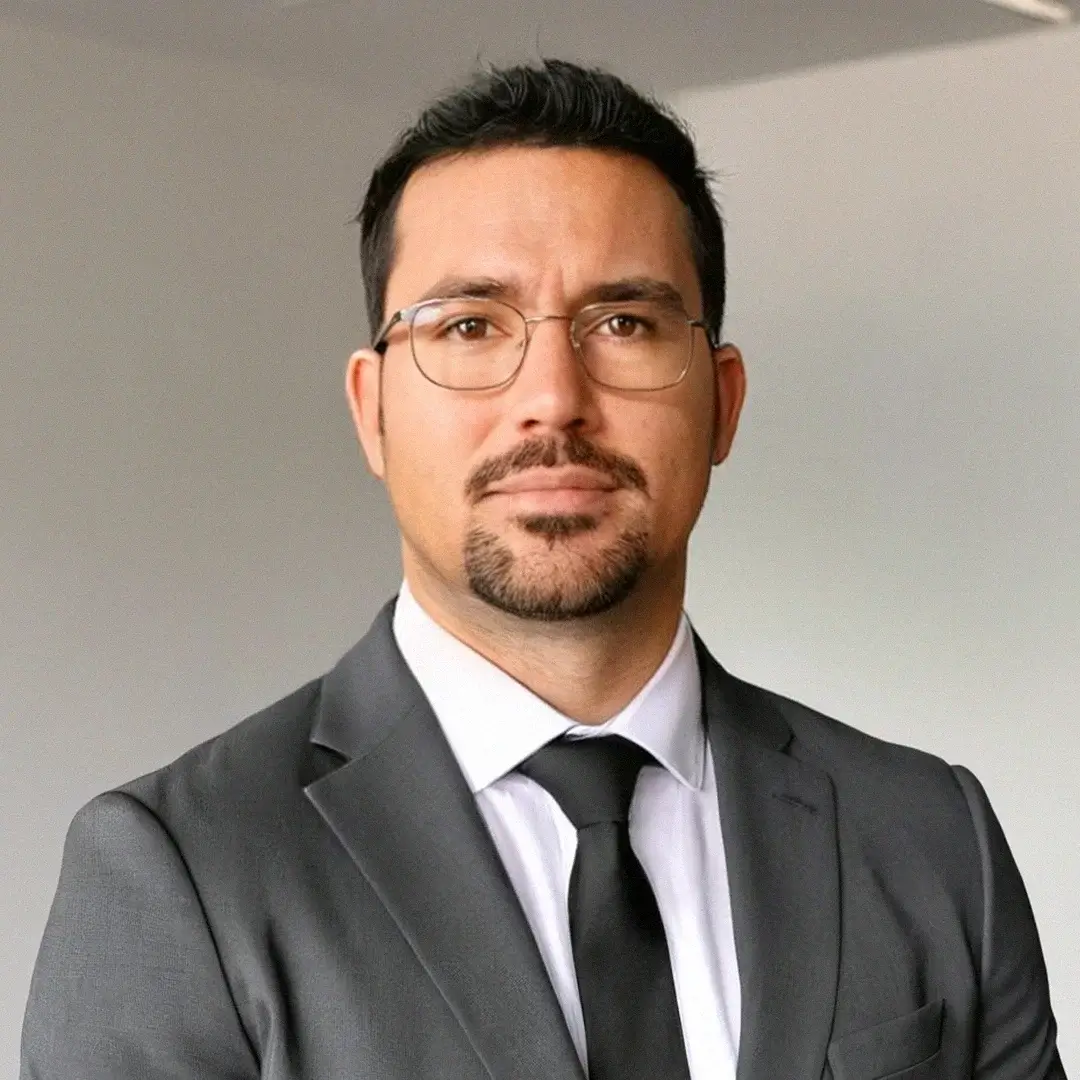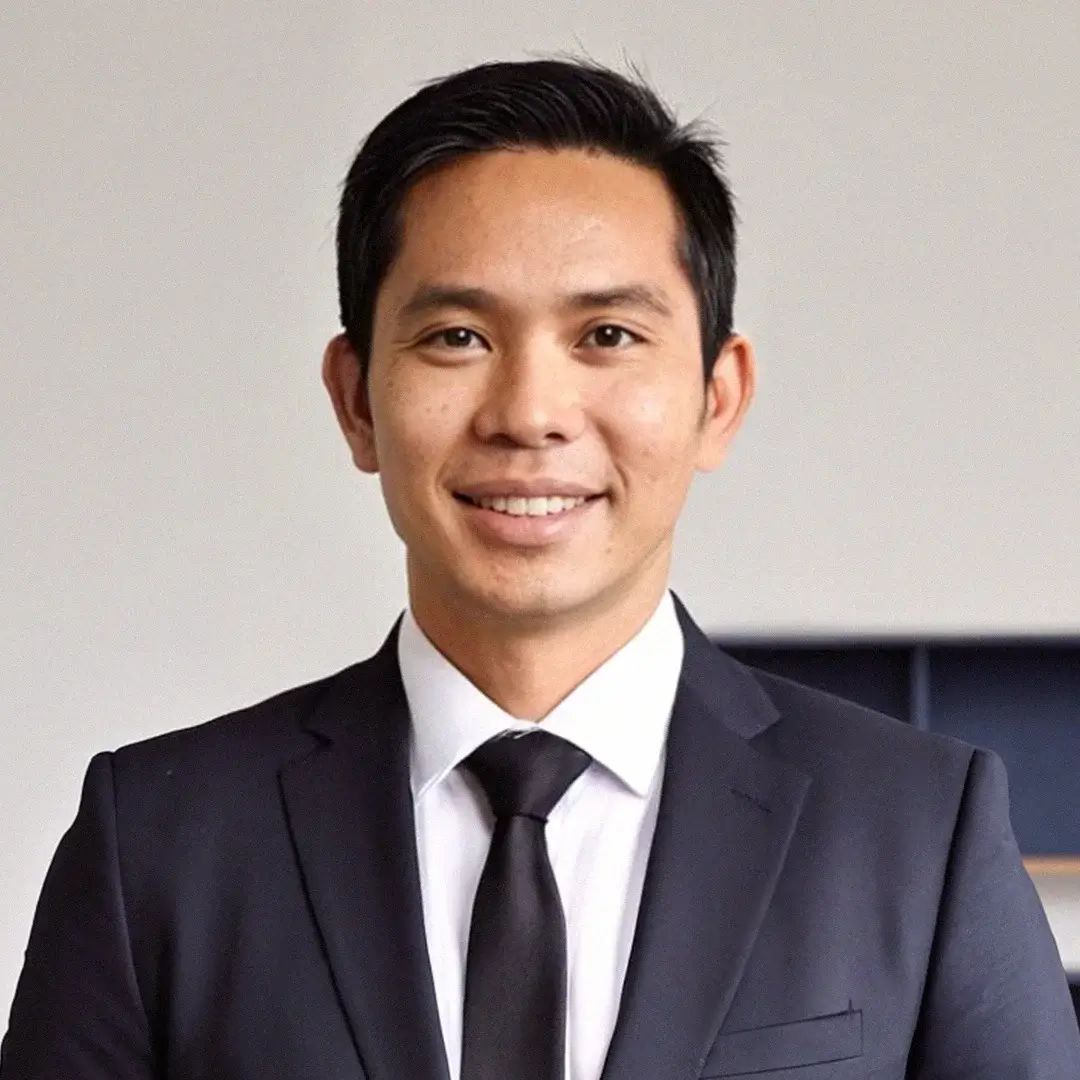Learn more about Doing Business in Bandung
Bandung, the capital of West Java province, is known for its cool climate, educational institutions, and vibrant creative industries. As a burgeoning center for startups and entrepreneurs, Bandung offers a unique blend of opportunities in a dynamic and supportive environment.
| Total Population 2.57 million people |
GDP Contribution 4% to Indonesia’s GDP |
Average GDP Growth 5.2% per year |
| Startup Ecosystem 400 startups |
Average Salary IDR 7.2 million/month |
Average Office Rent IDR 200,000/m²/month (CBD) |
Major Industries in Bandung:
1.Creative Industries: Bandung is renowned for its creative industries, particularly in fashion, design, and digital media. The city’s vibrant arts scene and numerous design schools have fostered a thriving community of artists, designers, and entrepreneurs. Bandung is often referred to as the “Paris of Java” due to its influence in fashion and creativity.
2.Education and Research: As home to several prestigious universities, including the Institut Teknologi Bandung (ITB), Bandung is a center for education and research. This academic presence supports a highly skilled workforce and fosters innovation and entrepreneurship. The city’s educational institutions frequently collaborate with industries to drive research and development.
3.Technology and Startups: Bandung is emerging as a hotspot for technology and startups. The city’s tech ecosystem is growing rapidly, supported by government initiatives such as the “Bandung Smart City” program, which aims to leverage technology to improve urban living. Coworking spaces, incubators, and accelerators are proliferating, providing resources and support to tech entrepreneurs.
4.Tourism: Bandung’s cool climate, scenic landscapes, and cultural heritage make it a popular tourist destination. The tourism sector is a significant contributor to the local economy, with visitors flocking to its natural attractions, culinary delights, and shopping destinations. In 2024, tourism revenue grew by 7%, reflecting the city’s appeal to both domestic and international tourists (Ministry of Tourism and Creative Economy).
Key Regulations to Consider
1. Intellectual Property
Protecting intellectual property (IP) in Indonesia is crucial. The Directorate General of Intellectual Property oversees IP rights, including trademarks, patents, and copyrights (DGIP Indonesia). Utilize our Trademark Registration services to secure your IP rights.
2. Labor Laws
Indonesian labor laws regulate employment contracts, working hours, and employee benefits. Compliance with the Labor Law is mandatory, including a maximum of 40 working hours per week and minimum wage requirements (Ministry of Manpower Indonesia).
ℹ️ Our Employment Contract can help ensure your compliance with Indonesian Labor Laws.
3. Environmental Regulations
Businesses must adhere to environmental protection laws, including waste management and pollution control, enforced by the Ministry of Environment and Forestry.
Company Registration Process
| ➤ Online Single Submission (OSS): Register through the OSS system for business licenses (OSS Indonesia. |
| ➤ Deed of Establishment: Prepare the deed and have it notarized. |
| ➤ Tax Registration Number (NPWP): Obtain a tax identification number from the local tax office. |
| ➤ Business Identification Number (NIB): Issued through the OSS system. |




